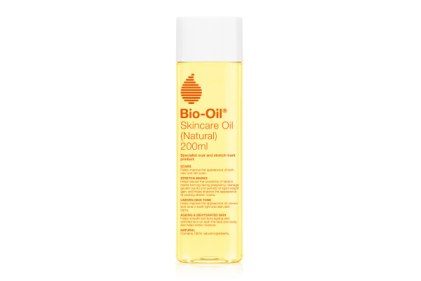Almost half (47%) of the general public have stopped visiting their GPs since the beginning of the Covid-19 pandemic for non-Covid related medical concerns, and a further third (31%) have no intention of visiting their GP for any medical concern (non-Covid related) until the pandemic is over. Furthermore, a fifth (21%) report being less vigilant with the management of a chronic or long term medical condition since the Covid-19 outbreak. These findings are according to new national research conducted by Astellas.
The data is concerning for many people with diagnosed and undiagnosed medical conditions who will continue to tolerate their health problems in silence and without appropriate diagnosis or treatment as the pandemic continues to unfold. In Ireland, there are approximately 350,000 people currently living with the medical condition overactive bladder (OAB), but more than a third (36%) of people don’t actually know what the condition is.
This new research is part of the 2020 Control OAB campaign, launched by Astellas to improve public understanding of OAB and encourage more women and men aged 40+ to identify and control OAB symptoms by visiting a GP or completing a self-assessment on www.oab.ie.
OAB is a medical problem that affects the way the bladder behaves by creating an involuntary and sudden contraction or squeezing of the muscle in the wall of the bladder. These contractions give rise to the symptoms associated with OAB such as urgently needing to pass urine, frequently needing to go to the toilet and in some cases accidental leakage of urine, creating daily disruptions to patients’ lives. Research conducted amongst those diagnosed with OAB found that 7 in 10 were too embarrassed to talk to anyone about their condition when they began experiencing symptoms.
A lot of misunderstandings currently exist among the public regarding OAB. Indeed 29% of people think OAB mainly affects women – and while a quarter of Irish women aged 40-70 have experienced overactive bladder (OAB) related symptoms, 52% of those with OAB in Ireland are men. In addition, 39% of people think that OAB primarily affects the elderly, but OAB symptoms can affect men and women across many stages of life.
OAB can be managed effectively with the help of a healthcare professional and a suitable treatment plan. In fact, 64% of patients say their quality of life has significantly improved since they were diagnosed with OAB and began treatment, and almost two thirds (60%) admit they could not return to the life they had before they sought help from their GP.
Commenting on the new OAB research findings, Professor Barry O’Reilly, obstetrician and gynaecologist at Cork University Hospital and the Mater Private Hospital said: “This research sheds light on a wider public health issue in Ireland, with many people across the country tolerating ongoing and new health concerns without consulting their GPs for medical advice and suitable treatment. We have never experienced a pandemic like this in our lifetime, but it is crucial that we look after ourselves and seek advice from a medical professional for health-related problems, even if they aren’t considered Covid-related. For those experiencing OAB symptoms, I would encourage them to take the first step and call their GP – help is there, symptoms can be managed, and a better quality of life is achievable.”
Consultant urologist James Forde at Blackrock Clinic added: “OAB affects around 350,000 men and women in Ireland, but many of these are unfortunately suffering with symptoms in silence and consequently remain undiagnosed. With Covid-19 restrictions confining us to our homes and limiting social interactions, many with OAB will continue to tolerate the ongoing disruption of the condition without seeking medical assistance. The new Astellas research shows that 60% of OAB sufferers could not return to the life they had before diagnosis and treatment from their GP – this is indicative of the potentially life-changing impact of taking control of OAB by consulting a healthcare professional.”
Visit OAB.ie for more information or talk to your GP if you’re experiencing symptoms of Overactive Bladder.








